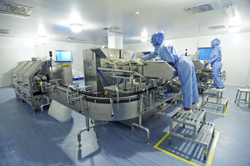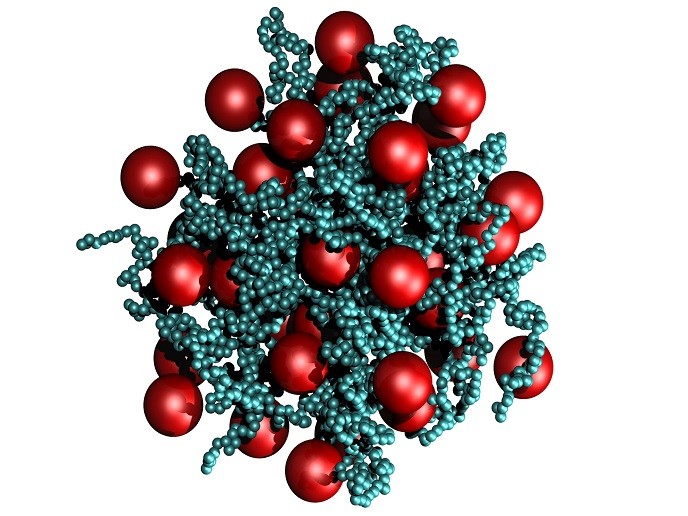Low-cost manufacture of generic drugs
Large profits associated with patented drugs makes API production costs irrelevant. Many patents of expensive blockbuster drugs will expire between 2010 and 2012. Consequently, the consumption of low-cost generics is expected to increase substantially and API production costs are now an important issue for generic manufacturers. Although it is still the global leader in world API production, the EU is quickly losing market share to Asian and eastern European competitors due to their lower salaries and less stringent regulations. The EU-funded project 'Innovative equipment and methodologies for APIs continuous crystallization' (CCRYSTAL) sought to develop fundamentally new approaches to API crystallisation leading to high-purity, and consistent and reliable production at lower cost. The concept was based on the use of specialised equipment and a novel procedure, continuous crystallisation, operating in steady-state conditions to achieve intricate control over the three main processes involved in crystal formation. CCRYSTAL has highlighted the advantages and disadvantages. Fundamentally, the project addressed the issue of 'analysis paralysis', resulting from the need to manufacture in batch mode in order to stop periodically to sample and check quality measures. With quality achieved by design rather than through testing enabling continuous rather than batch processing, numerous improvements are expected in terms of reduced time, material waste and energy consumption resulting in lower production costs. Results of CCRYSTAL validation trials on four selected APIs enabled the compilation of operating and instruction manuals for crystallisation equipment as well as connection schemes for ancillary equipment. Writing criteria for drug master files (DMFs) to be submitted by pharmaceutical manufacturers to regulatory authorities were also elucidated. CCRYSTAL has the potential to make a significant contribution to the competitiveness of European generic drug manufacturers in a market set to skyrocket as patents for designer drugs expire. The good news will be particularly welcomed by an industry frustrated with increasing competition from abroad.






